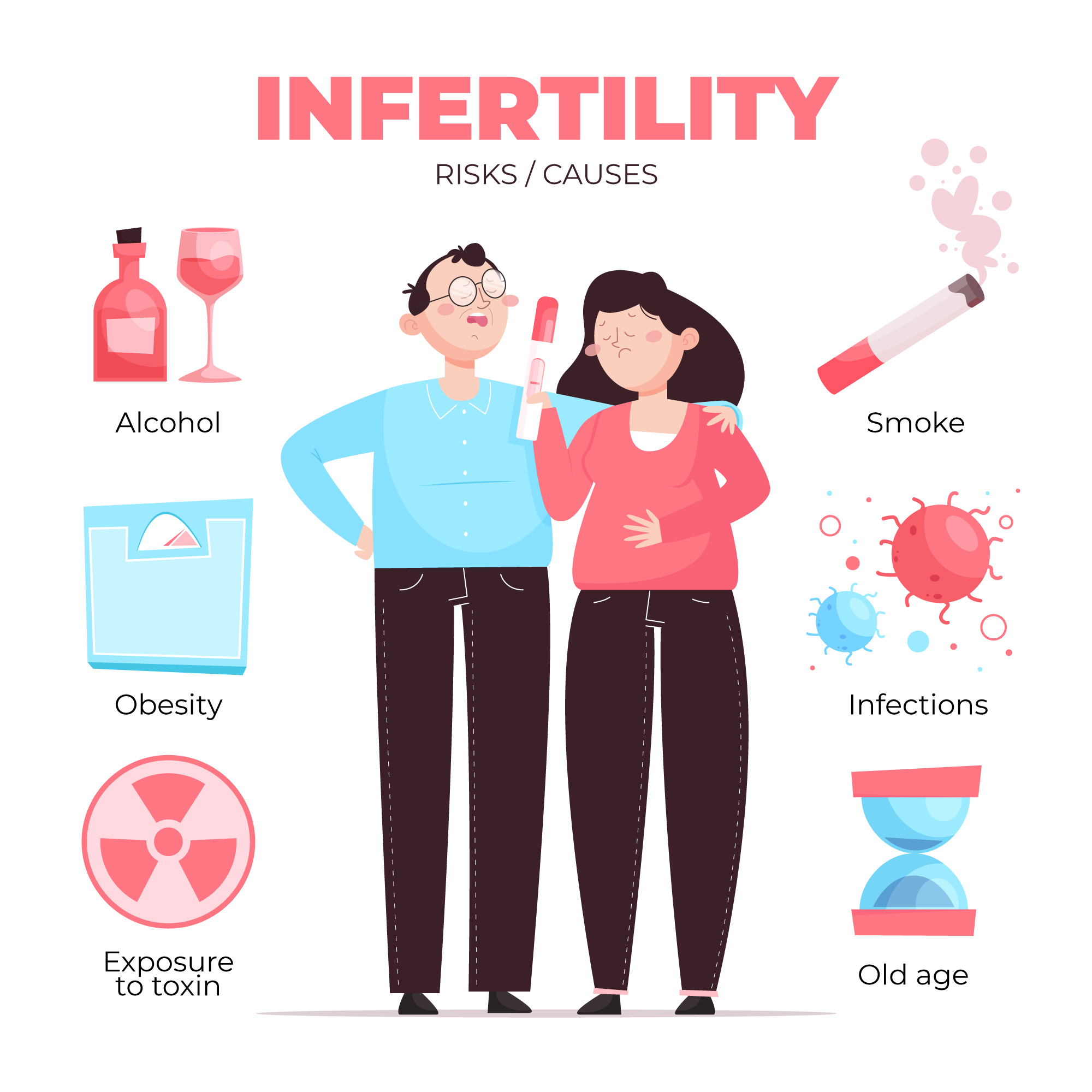
Understanding Non-Alcoholic Steatohepatitis (NASH): Progression, Complications, and Management
Introduction: Non-Alcoholic Steatohepatitis (NASH) is a more severe form of Non-Alcoholic Fatty Liver Disease (NAFLD) that can lead to serious liver damage if left untreated. Let’s delve into what NASH is, how it progresses, its complications, and how it can be managed.
Understanding Non-Alcoholic Steatohepatitis (NASH): NASH occurs when the accumulation of fat in the liver leads to inflammation and liver cell damage. Over time, this inflammation can cause scarring (fibrosis) and even cirrhosis, a condition where the liver becomes severely scarred and unable to function properly. NASH is often referred to as the silent killer because it can progress silently without causing noticeable symptoms until significant liver damage has occurred.
Progression and Complications: If left untreated, NASH can progress from mild inflammation and liver damage to more severe fibrosis, cirrhosis, and even liver failure. It also increases the risk of liver cancer (hepatocellular carcinoma) and other complications such as cardiovascular disease and type 2 diabetes.
Management of NASH: Managing NASH involves a combination of lifestyle changes, medications, and close monitoring to prevent disease progression and reduce the risk of complications. Lifestyle changes include adopting a healthy diet, engaging in regular exercise, maintaining a healthy weight, avoiding alcohol, and quitting smoking. Medications may be prescribed to help manage underlying conditions like diabetes, high cholesterol, or high blood pressure. In some cases, clinical trials or surgical interventions may be considered for advanced disease.
Conclusion: Non-Alcoholic Steatohepatitis (NASH) is a serious liver condition that requires proactive management to prevent long-term complications. By understanding what NASH is, how it progresses, and its potential complications, individuals can take steps to protect their liver health through lifestyle changes, medications, and regular medical monitoring.
To seek medical advice, always consult a Doctor. Here are our recommended experts. Click here
To read more on Respiratory disease . Click Here


